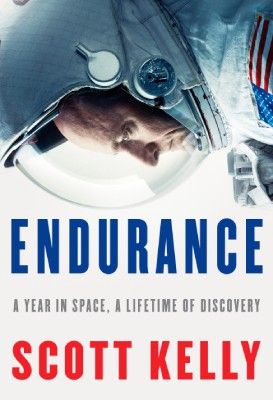Endurance: A Year in Space, A Lifetime of Discovery

What a year off the planet teaches about limits and discipline
Reason to read: A first-person account of long-duration spaceflight that doubles as a field guide for operating when the environment is unforgiving and the margins are thin.
Kelly recounts 340 days on the International Space Station with Mikhail Kornienko, threading day-to-day work with the long lead-up that made it possible. The mission sits alongside the Twins Study, which compared him with his brother Mark on Earth, so every routine becomes a data point and every strain is measured. The book is strongest when it shows how procedures, maintenance, and calm communication turn risk into manageable work. You get the rhythm of experiments, repairs, and careful planning, and why it matters when problems compound quickly in microgravity.
Three lessons travel well. Systems beat heroics. Checklists, rehearsals, and tight comms protect attention so the real issues surface early. Progress is incremental by design. With fixed supplies and time, you learn to test small, log outcomes, and move. Recovery is a skill, not a reward. Sleep, nutrition, exercise, and honest debriefs are treated as operational necessities rather than nice-to-haves.
The scenes that linger are concrete. A stubborn plant experiment finally yields a zinnia bloom, proof that patient iteration can bend a hostile setting. The cramped lab becomes a workplace where trust is engineered through clarity, accountability, and closing the loop after every task. It reads like a diary from a place that punishes distraction and rewards process.
Verdict: A calm, absorbing memoir that turns extreme logistics into usable habits.